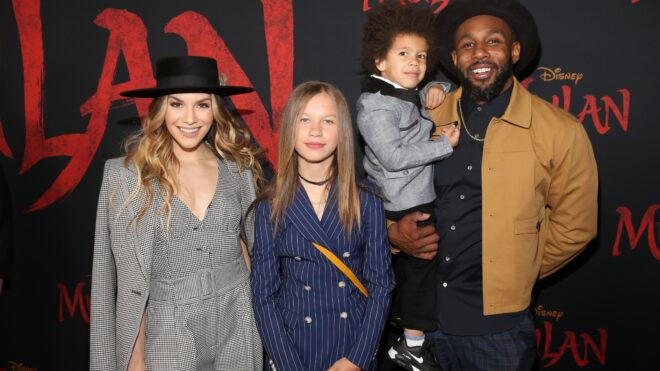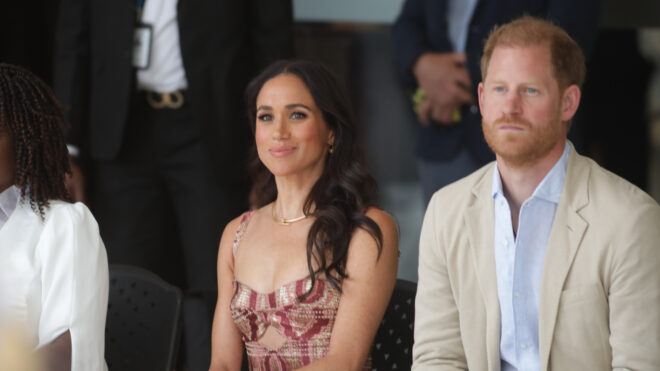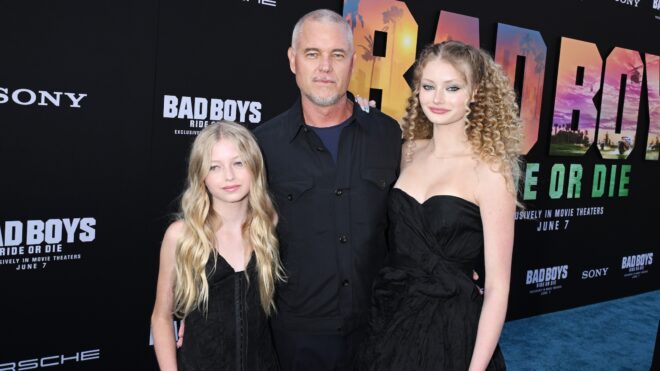
June 10 marks what would have been Prince Philip's 100th birthday. He nearly made it to the century mark, but sadly died just two months shy on April 9, 2021. Reportedly, Queen Elizabeth has been left devastated by his passing, but at least she has so many wonderful memories she can look back on. After all, the dynamic duo knew each other for more than 80 years, and were married for 74 of those.
The prince was a remarkable man, from his early years in the navy to his later hobbies and passions including writing, painting, and playing sports. Philip could be a controversial royal at times, but he was also responsible for helping modernize the monarchy in ways you may not even have known. In honor of his birthday, here are some interesting facts about Prince Philip.
He Snuck Out of Greece in a Fruit Crate
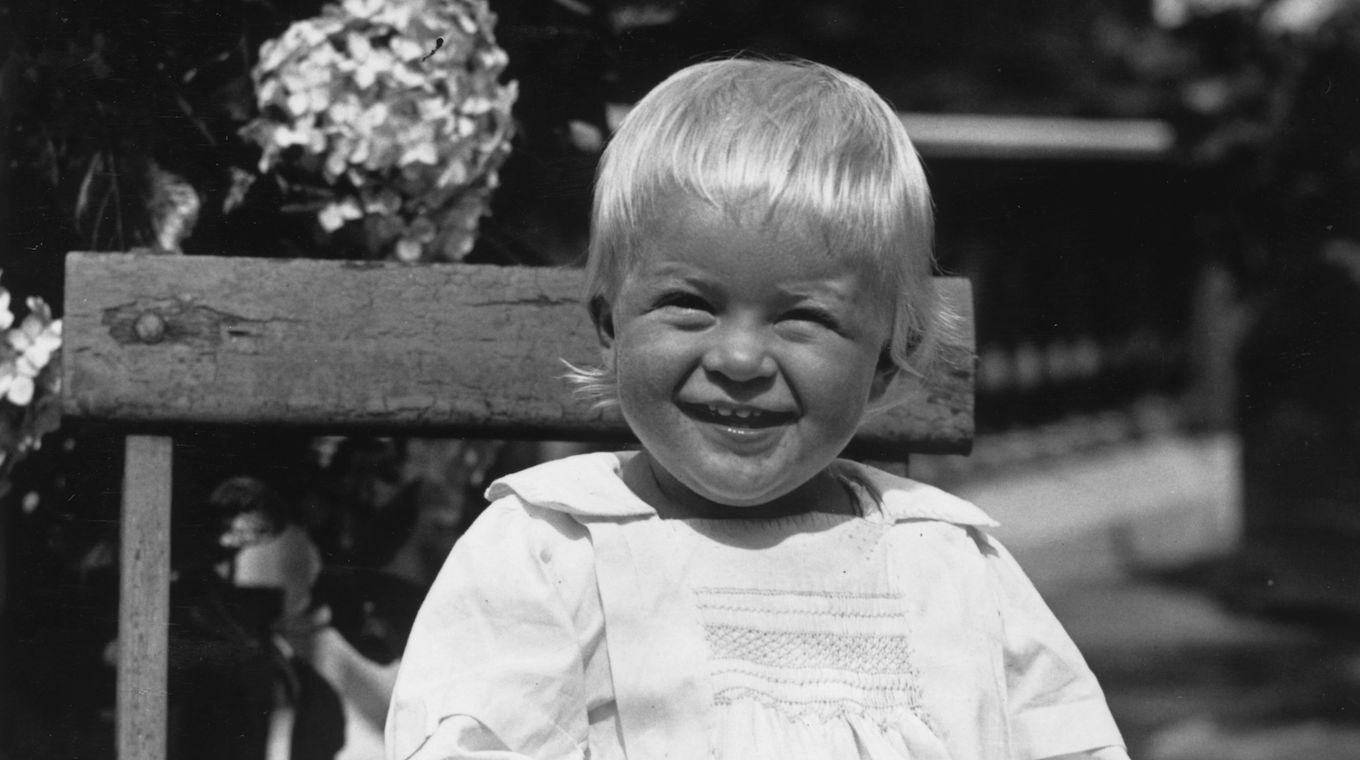
According to Business Insider, when Philip was just a baby, his family was exiled from Greece during the Greco-Turkish war. To help Philip travel safely out of the country, his father placed his young son in a fruit crate and smuggled him to Paris. It's quite a dramatic way to start one's life, but he was probably too young to even remember it.
He's a War Hero
As a young man, Philip was an active member of the military. Metro reports he served in World War II and was awarded the Greek War Cross of Valour for his actions in Greece's 1941 Battle of Crete. He was particularly dedicated to the navy, and became one of the youngest Royal Navy officers when he was 21.
Philip & the Queen Are Related
The two were distantly related through Queen Victoria, who was both Philip and Elizabeth's great-great grandmother. This made them third cousins. It didn't used to be unusual for royals to marry within their families, since they had to keep royal bloodlines going and it would have been frowned on to marry a commoner like Prince William did when he married Kate Middleton. Even Prince Charles and Princess Diana were 16th cousins, once removed.
They Met When Elizabeth Was 13
Philip and then-Princess Elizabeth first crossed paths when she visited Dartmouth Naval College as a 13-year-old, and 18-year-old Philip was on hand to show her around. Elizabeth was instantly smitten, and the two began writing letters to one another. Eventually, their relationship turned romantic, and the duo got engaged when she was 21.
He Renounced His Titles Before Getting Married
Philip was royal in his own right, as a descendant of the Greek and Danish royal families. But before marrying then-Princess Elizabeth, he gave up his titles and his right to the Greek throne to became a British citizen. Perhaps to acknowledge his sacrifice, he was given the Duke of Edinburgh title upon marriage and later made a prince by his wife when she ascended the throne.
He Lived at Clarence House Before Charles & Camilla
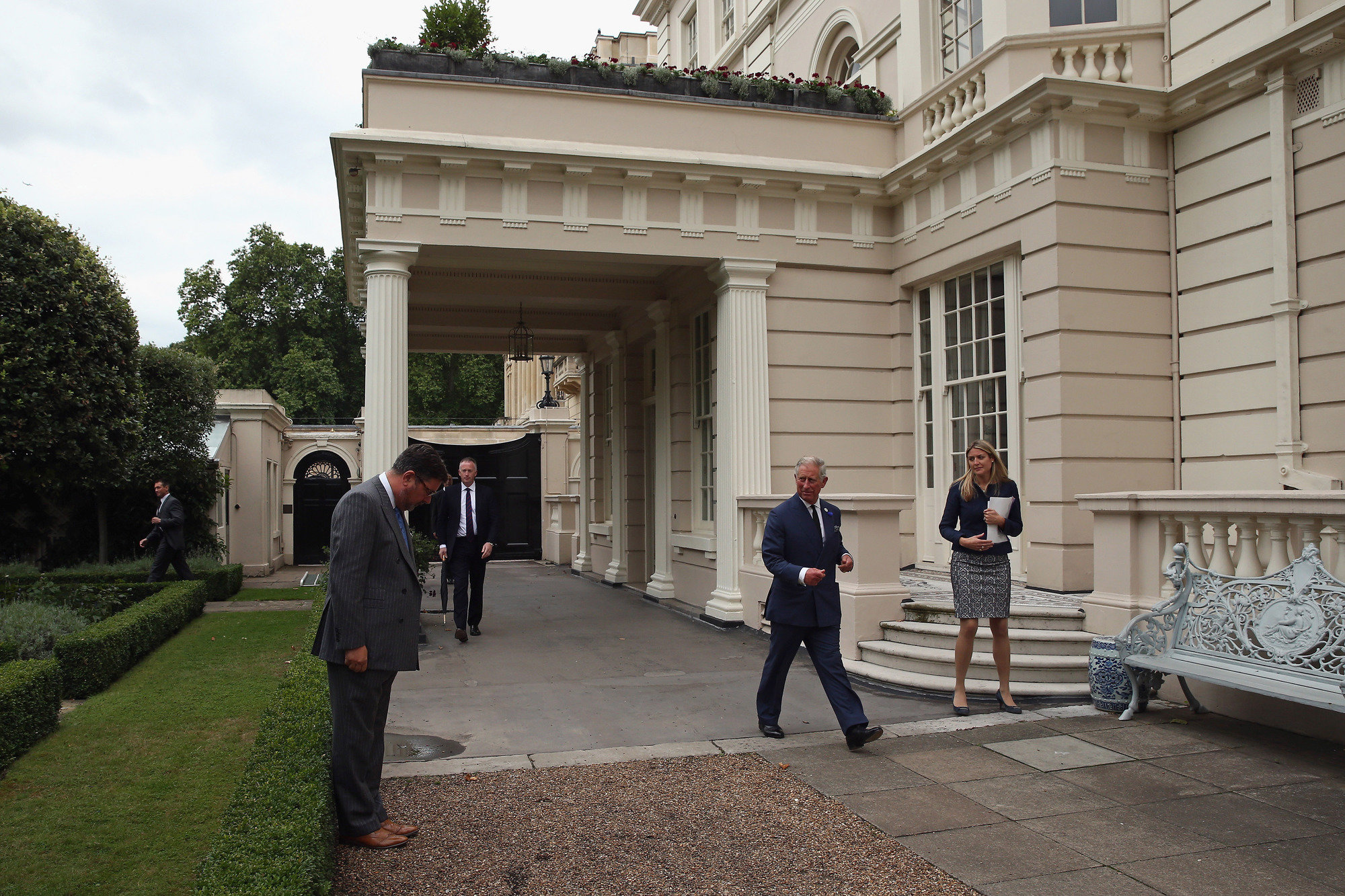
These days, Clarence House is known for being the home of Prince Charles and Camilla, Duchess of Cornwall. But previously, it was where Philip and Elizabeth lived after they got married in 1947. At the time, Elizabeth was still a princess. But when her father died in 1952 and Elizabeth took the throne, she and Philip moved into Buckingham Palace.
He Helped Plan His Wife's Coronation
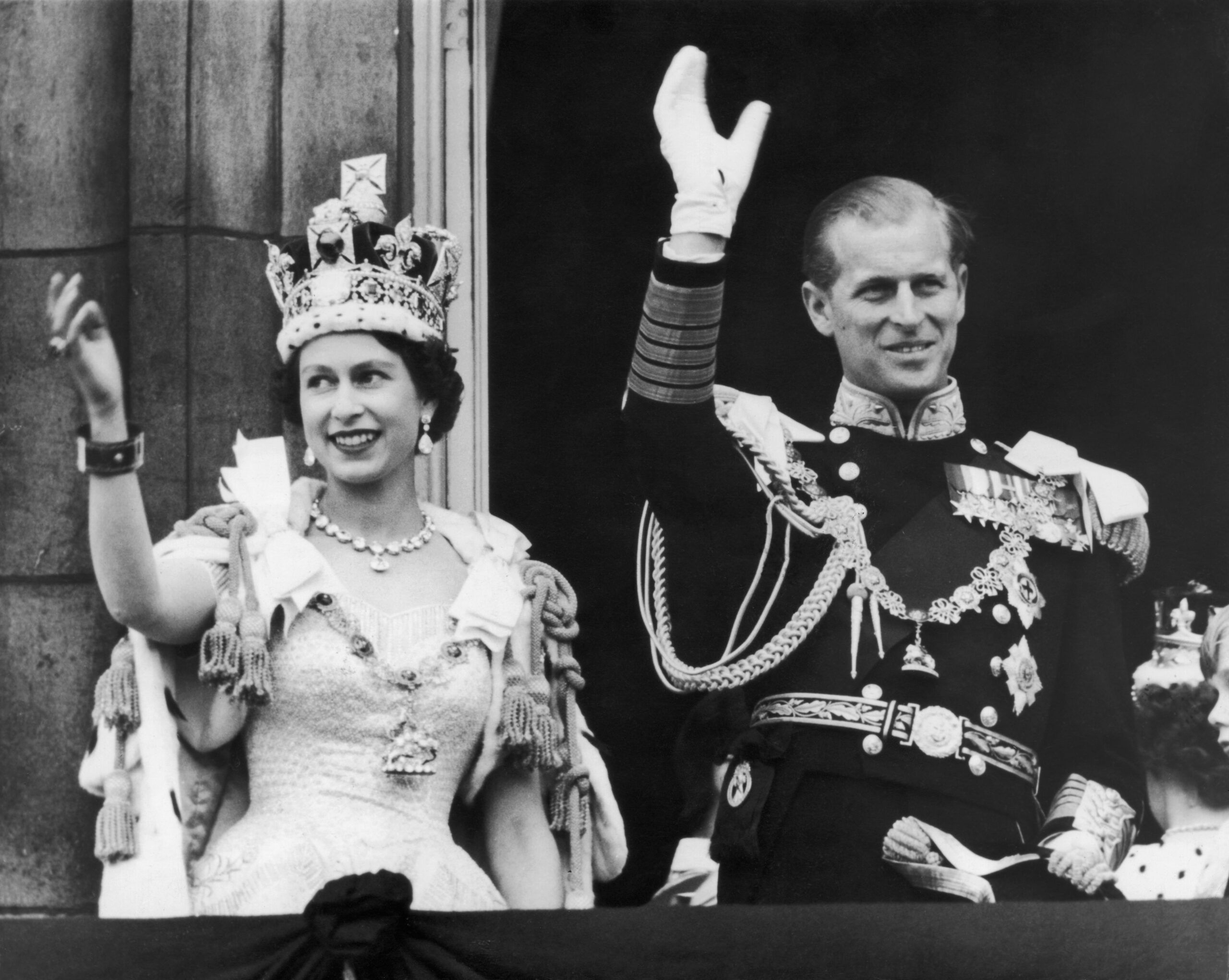
According to People, Philip was greatly involved in planning Elizabeth's elaborate coronation ceremony in 1953. He was chair of the Coronation Committee, which was one of just two committees planning the occasion. It's kind of cute that he wanted everything to be just right for his wife and queen.
And He Suggested It Be Televised
As part of the decisions he made as chair of the Coronation Committee, Philip was instrumental in helping the event get televised live on the BBC, according to People. On the day in question, 20 million people tuned in to watch, giving birth to a new tradition of broadcasting major royal events like weddings.
He Gave the First Royal TV Interview
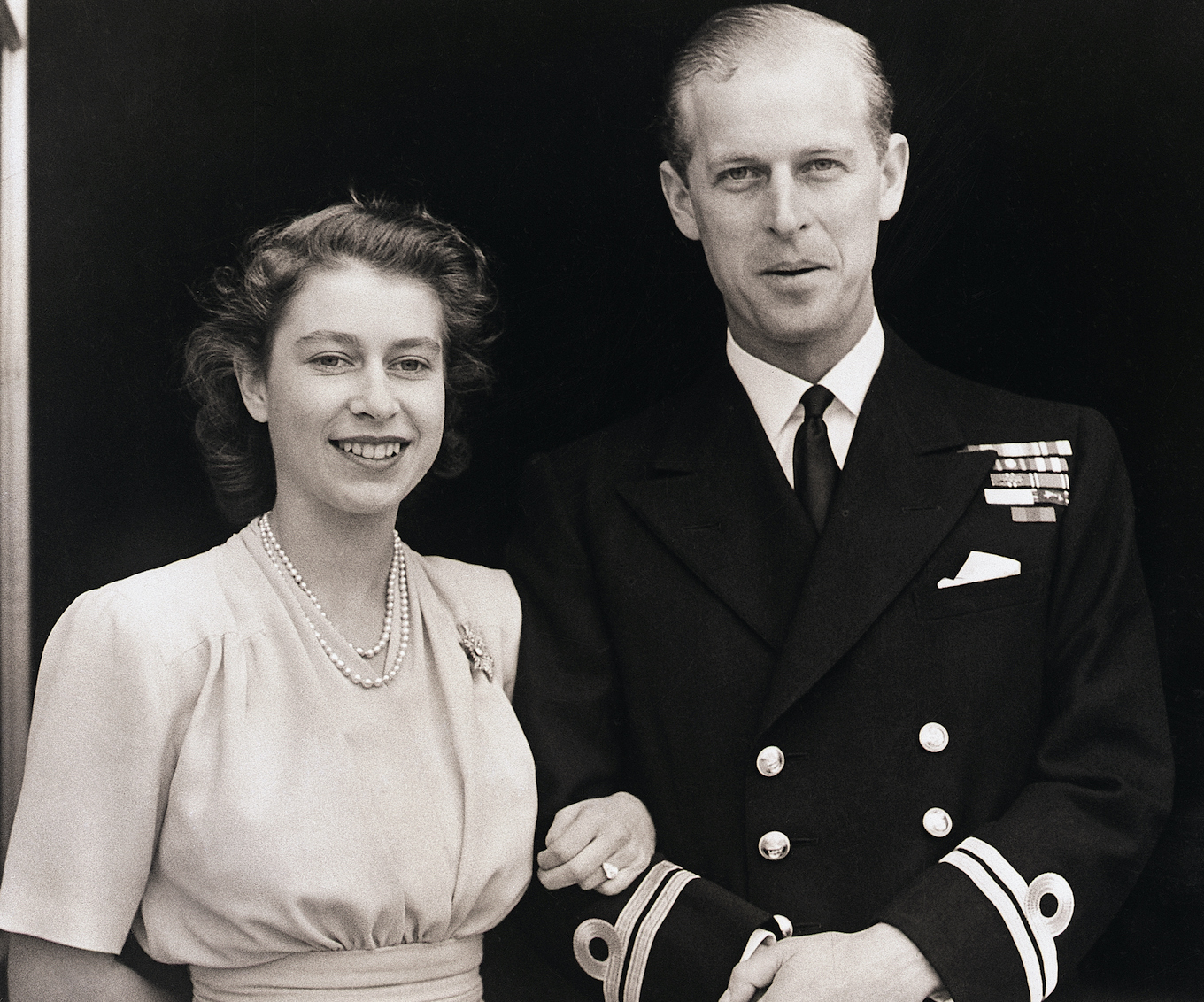
Philip was in some ways a modern royal for his time. In addition to helping televise the coronation, he also was the first royal family member to sit down for a TV interview. He appeared on BBC's Panorama on May 29, 1961. Years later, Princess Diana would do her own Panorama interview that would go on to cause a lot of controversy for the monarchy and the network alike.
He Spoke Three Languages
Most royals grow up speaking more than one language, and Philip was no exception. He reportedly was fluent in French and German, and he could understand a little Greek — although he never formally learned the language. And despite his Danish heritage, he also never learned Danish. But being trilingual is still pretty impressive in its own right. His skills probably came in handy on all of those royal international tours.
He's Revered as a God in a Couple of Villages
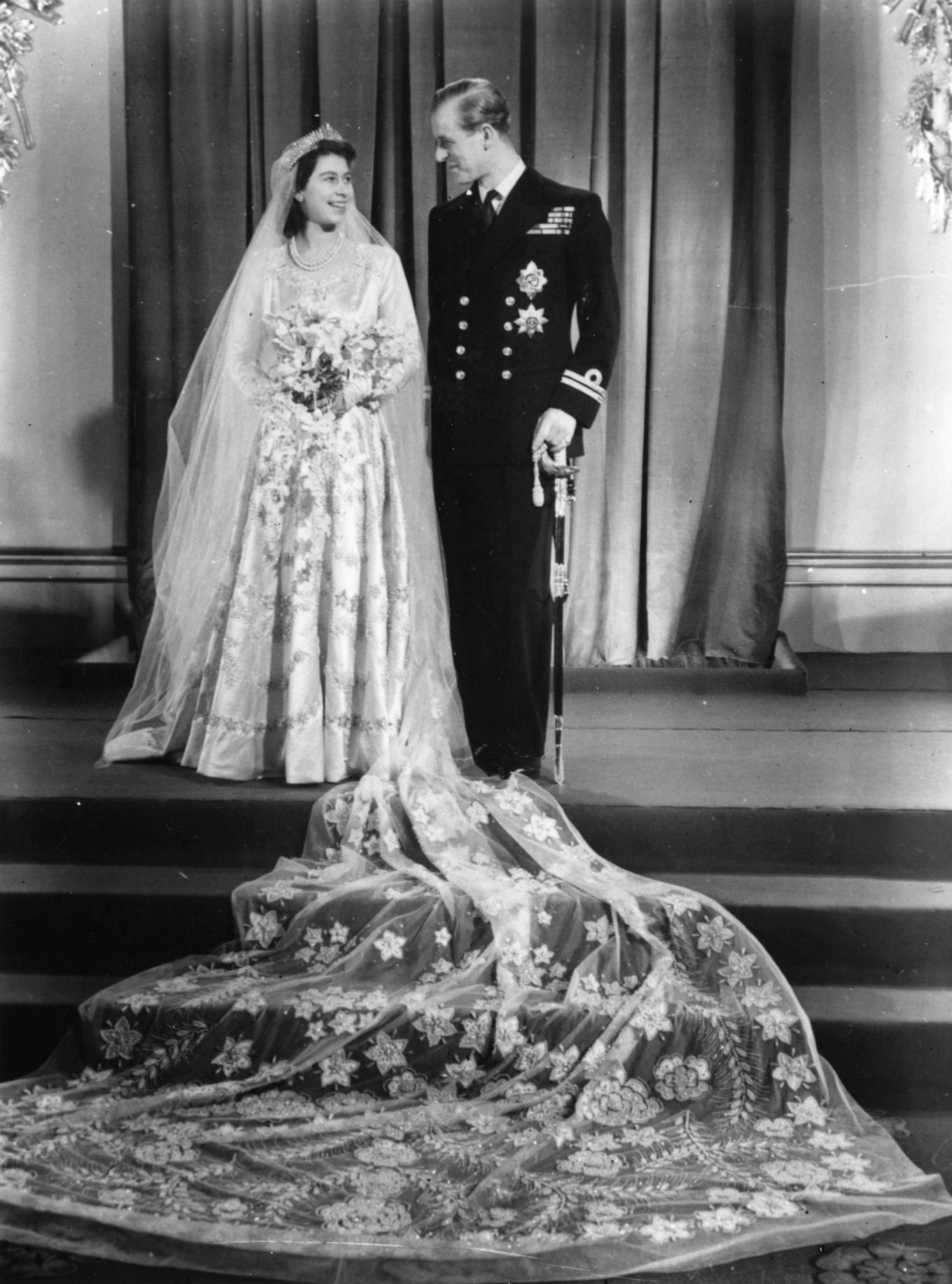
Per the BBC, the Vanuatu tribes on the island of Tanna have long considered Philip to be a god-like figure. He apparently fulfilled a prophecy they believe in that a man would leave "the island, in his original spiritual form, to find a powerful wife overseas." Philip did leave an island — Greece — to marry a future queen. In any case, since Philip's death, the tribes are in mourning.
He Was a Pilot
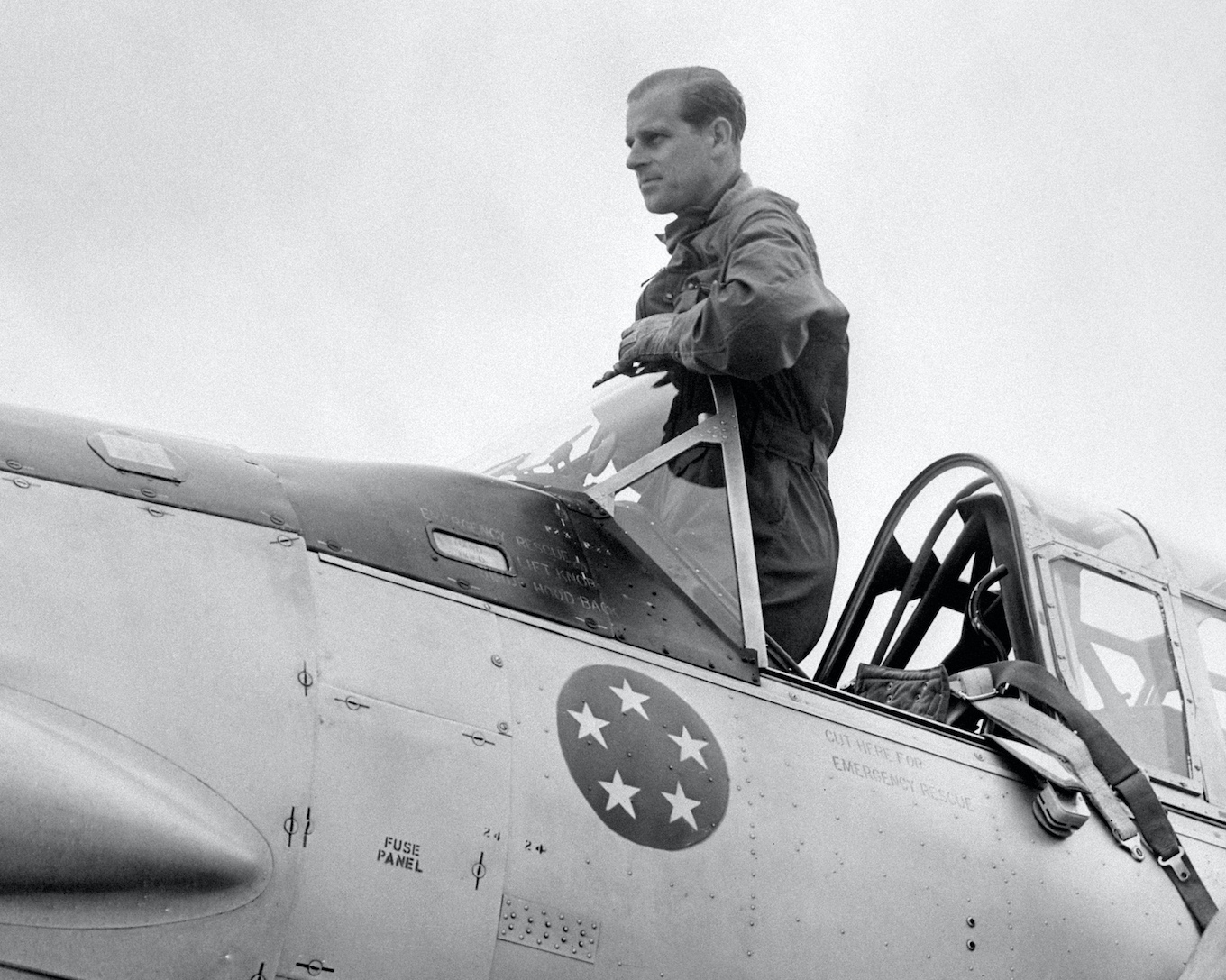
He may have served in the Royal Navy, but Philip also loved flying. In the 1950s, he learned how to operate helicopters and planes, and got his private pilot's license in 1959 — even taking a solo trip above Windsor Castle. Later, his grandsons William and Harry trained to be helicopter pilots in the military.
And a Skilled Painter
Philip was secretly a pretty talented artist. He mostly painted landscapes, but every once in a while he would do a portrait. In 1965, he gave a peek behind the royal curtain when he painted this picture of his wife, the Queen, eating breakfast. Most of Elizabeth's portraits are very stately ones, so it's cool to see a painting of her doing something normal.
He's the Author of Several Books
When not painting or flying, the Duke of Edinburgh wrote or co-authored several books in his lifetime. He mostly wrote about nature and wildlife and carriage driving, a sport he helped make popular. Some of his titles include Driving and Judging Dressage, 30 Years On and Off the Box Seat, and Wildlife Crisis.
He Helped Popularize Polo
Carriage driving isn't the only sport that Philip can take credit for popularizing. He also helped make polo the big deal it is, after he brought the sport back from his World War II station in Malta. He then helped form the Windsor Park team and Guards Polo Club. He taught the sport to Charles, who later passed it down to his sons as well.
He Had a Hilarious Response to Cheating Allegations
Many royal men have faced cheating claims over the years, and Philip got his share as well. But when a reporter once asked him about the rumors, he was quick to shut them with his trademark wit. "Good God, woman!" he said. "Have you ever stopped to think that for years I've not moved anywhere without a policeman accompanying me? How the hell could I have got away with anything like that?"
His DNA Helped Identify the Romanov Bodies
In addition to being related to Queen Elizabeth, Philip was also distantly related to the Romanov royal family of Russia. So when historians found remains that they believed belonged to the murdered Romanovs, they asked Philip to provide a DNA sample. His doing so helped determine that the bodies were indeed those of the Romanovs.
He Was the Longest-Living Male Royal in the British Monarchy
At 99, Philip was the oldest-living royal man in the British monarchy. Previously, Queen Victoria's son, Prince Arthur, held the title — he lived to 91. But reaching 99 also helped Philip become the third-oldest British royal in general. He stands behind his mother-in-law Queen Elizabeth The Queen Mother, who lived to 101, and Princess Alice, who lived to 102.
He Designed His Own Hearse
Some of the funeral details at Philip's ceremony were designed by the man himself — including his hearse. As the Associated Press reported, he was a big fan of Land Rovers and the color green, so he had a green Land Rover designed to one day carry his coffin. That's pretty morbid, but when you make it to 99, you have a lot of time to plan for things like this.
He Didn't Want To Turn 100
He died just two months shy of his 100th birthday, which is apparently what the prince would have preferred. Philip often spoke about not wanting to live to 100. He joked when he was 80 that he had "no desire whatsoever" to be a centenarian. "I can't imagine anything worse," he said. "Bits of me are falling off already."

